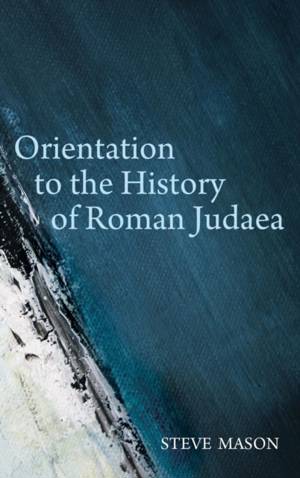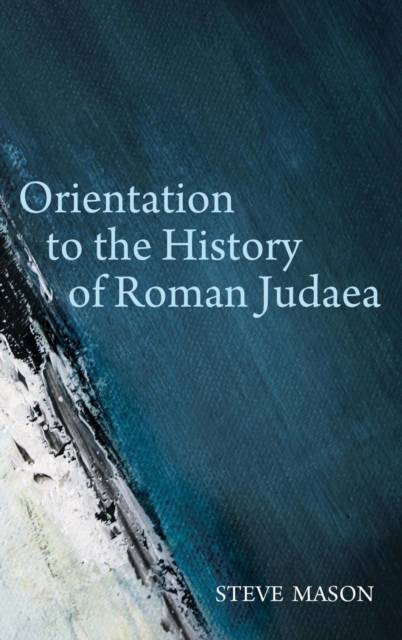
- Afhalen na 1 uur in een winkel met voorraad
- Gratis thuislevering in België vanaf € 30
- Ruim aanbod met 7 miljoen producten
- Afhalen na 1 uur in een winkel met voorraad
- Gratis thuislevering in België vanaf € 30
- Ruim aanbod met 7 miljoen producten
Zoeken
€ 90,45
+ 180 punten
Uitvoering
Omschrijving
No field of study is livelier than the history of Roman-era Judaea (ca. 200 BC to AD 400). Bold reinterpretations of texts and new archaeological discoveries prompt us constantly to rethink assumptions. What kind of religion was Judaism? How did Jews--and Christians--relate to Roman imperial power? Should we speak of Judaism or Judaisms? How should the finds at Qumran affect our understanding? Did Paul and other early Christians remain within Judaism? Should we translate Ioudaioi as "Jews" or "Judaeans"? These debates can leave students perplexed, this book argues, because the participants share only a topic. They are actually investigating different questions using disparate criteria. In the hope of facilitating communication and preparing advanced students, this book explores two basic but neglected problems: What does it mean to do history (if history is what we wish to do)? And how did the ancients understand and describe their world? It is not a history, then, but an orientation to the history of Roman Judaea. Rather than trying to specify which questions are good ones or what one should think about them, the book offers new perspectives to help unleash the historical imagination while reckoning squarely with the nature of our evidence.
Specificaties
Betrokkenen
- Auteur(s):
- Uitgeverij:
Inhoud
- Aantal bladzijden:
- 324
- Taal:
- Engels
Eigenschappen
- Productcode (EAN):
- 9781498294492
- Verschijningsdatum:
- 9/12/2016
- Uitvoering:
- Hardcover
- Formaat:
- Genaaid
- Afmetingen:
- 152 mm x 229 mm
- Gewicht:
- 644 g

Alleen bij Standaard Boekhandel
+ 180 punten op je klantenkaart van Standaard Boekhandel
Beoordelingen
We publiceren alleen reviews die voldoen aan de voorwaarden voor reviews. Bekijk onze voorwaarden voor reviews.











